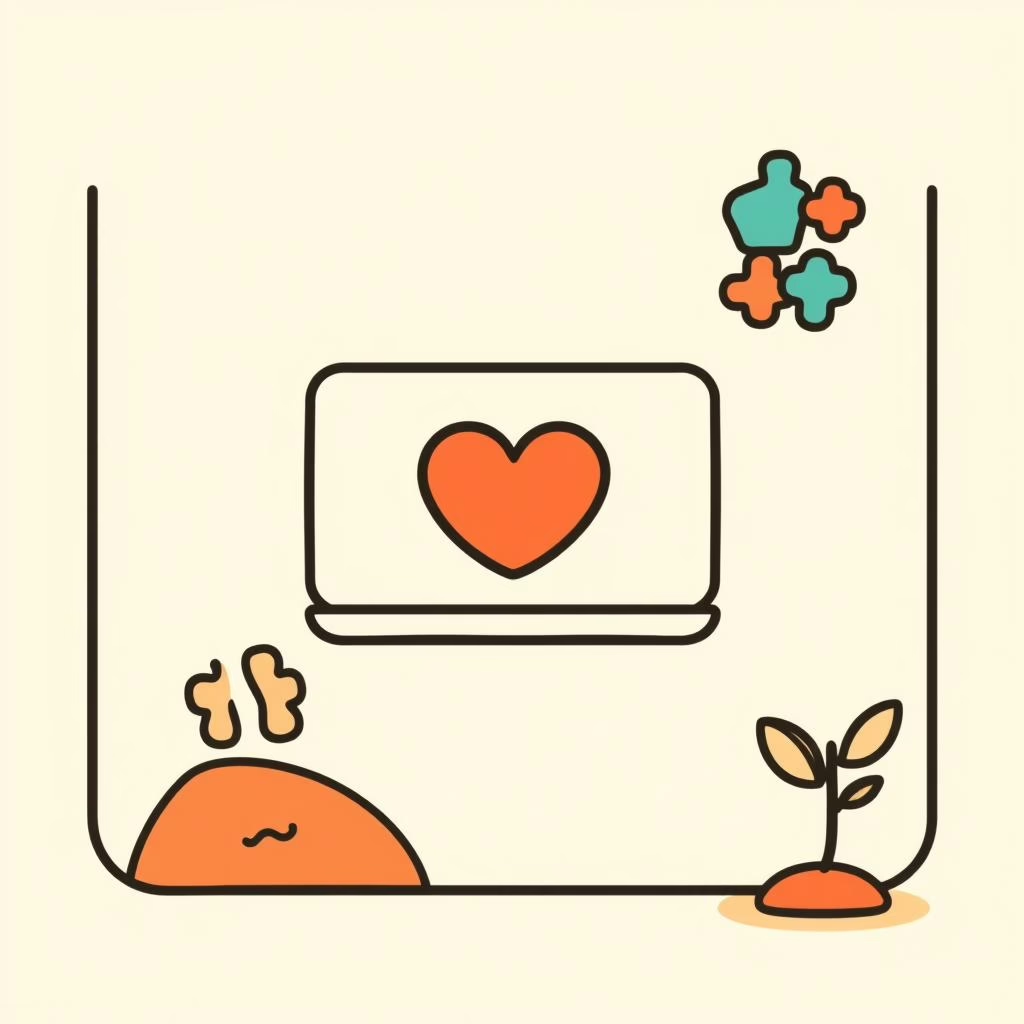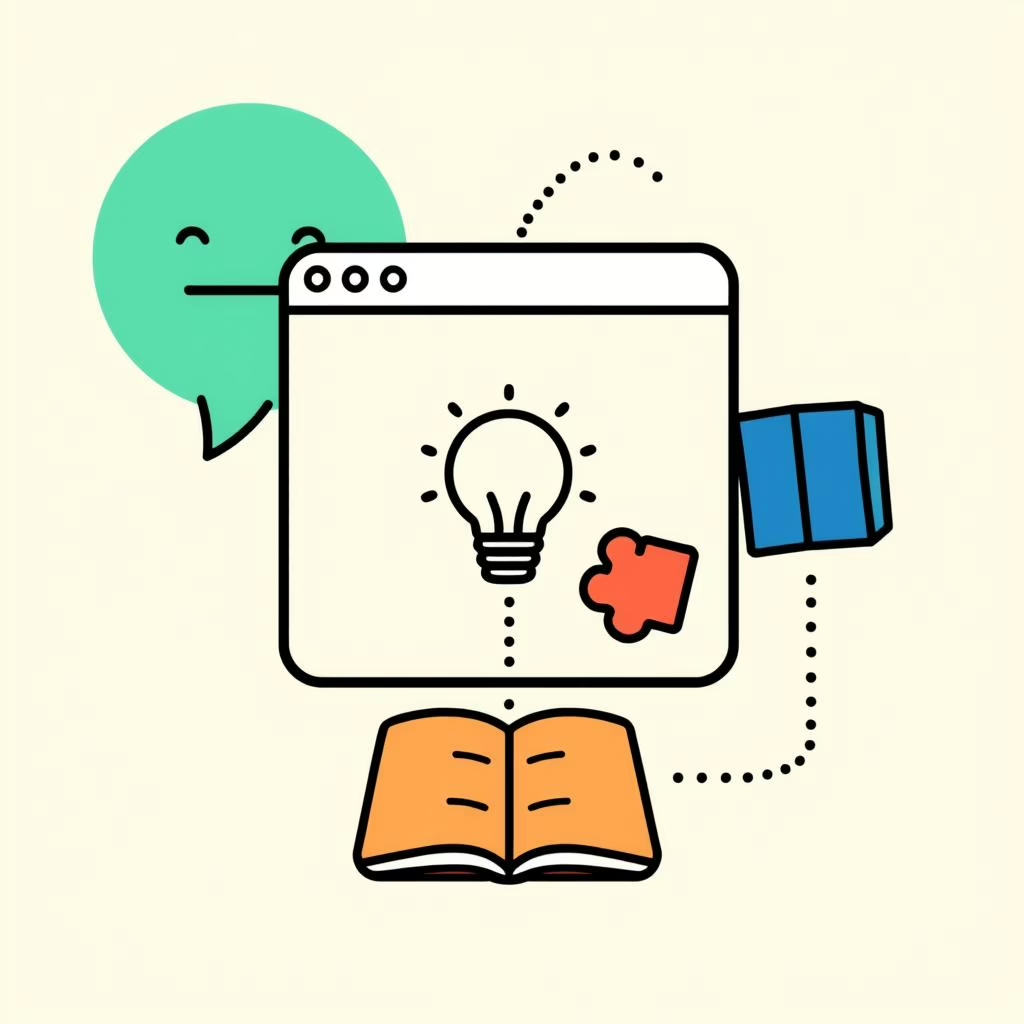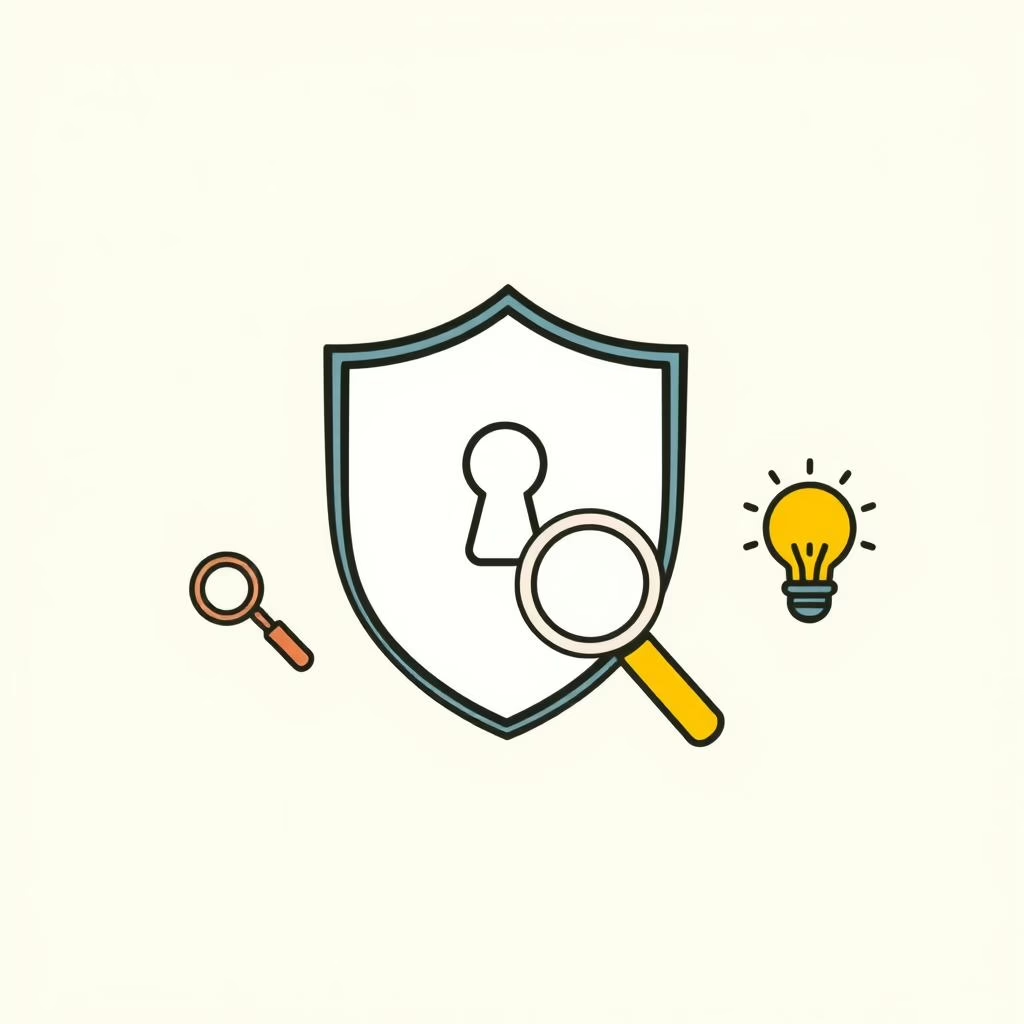
Picturing a software giant waving a casual $610 million cheque at… a browser? Sounds nuts until you realize our everyday “tabs” are turning into full-blown companions. If that reshapes how adults collaborate, it’s quietly rewriting the rulebook for our kids’ digital dawn too. Ready to peek inside?
More Than Tabs: When Your Child’s Browser Starts Thinking With Them

Remember the first website your child ever clicked? Eyes saucer-wide, finger stabbing the trackpad like a treasure hunter. Coming browsers may gently whisper: “Try sketching the elephant you just watched!” or “Puzzle quiz on Africa coming up?” Collaborative, anticipatory, and oh-so-smooth. Atlassian CEO Mike Cannon-Brookes calls himself a longtime power-user who was literally “poking holes” in the Arc browser to squeeze out better workflows. That tinkering spirit is exactly what I try to plant at home—exploration before consumption—so my seven-year-old keeps asking why before she hits next.
The ‘Why’ Behind $610 Million (and Why Your Kitchen Table Matters More)

Atlassian isn’t buying a browser; they’re purchasing the front door to AI-assisted work. Cannon-Brookes admits today’s browsers weren’t built for meaningful labor, but for passive scrolling. Fast-forward to your home: your child’s “front door” could be a reading app, a math game, or yes—next-gen browser tabs.
Tip: Swap “How long were you online?” for “What made you stop and wonder today?” One tiny shift nurtures reasoning over clicking. Practical parenting gold, right there.
Safety Nets in Plain Sight: Trusting Tools Without Handcuffing Curiosity

Atlassian vows to run The Browser Company solo—no forced work-chat pop-ups. Trust wilts when tech feels sneaky. Our mirror moment? That tiny knot we all feel when autopay hauls our kids down rabbit holes. Answer isn’t prohibition—it’s modeling intentionality. Last week I watched my daughter hum while stabilizing a block tower. Blocks slipped; she blurted, “What if we try wider ones?” She looked up—no screen in sight—before chasing the fix herself. Problem-solving before prompt-solving.
As Atlassian’s press release stresses, progress thrives when tools “feel personal to every individual” yet guard their data. Our job? Help kids sense when “personalized” slips into “pushy.” Resilience follows.
The Unforced Pause: Why ‘Not Now’ Builds Stronger Minds Than ‘Always On’

AI-anywhere sounds fabulous—until seamless becomes suffocating. Kids’ minds stretch when nothing’s scheduled. Unstructured leaf-kicking, negotiating trampoline turns, inventing board-game rules? That’s where grit germinates. Tech’s true magic is—in the space it doesn’t fill.
And here’s what seals it—devices stay docked at breakfast so conversation roams. Ask, “What’s one discovery you’re chasing today?” A ladybug or a dragon-shaped cloud may trump ten algorithmic prompts. Let that gap breathe. Their curiosity will, too.
Raising Humans, Not Users: The Secret Sauce Atlassian Can’t Buy
$610 million scores code, talent, vision—yet can’t purchase sticky glitter glue, belly-laugh jokes, or the spark of “I fixed it myself!” Atlassian hopes people will love an AI browser for work. My hope? Kids who love flexing imagination first.
Instead of dreading AI’s rise, ask: “How could this amplify my child’s wonderfully human spark?” Then stash the screen, haul out the blanket fort boards, and deliver the magic words—Try again; quiet encouragement goes a long way.
Food for thought: As browsers evolve into agents, how will you keep your family’s “home page” anchored in wonder?
Source: What is the Secret Sauce Behind Atlassian’s $610M Buy of The Browser Company, DevOps.com, 2025/09/05
Latest Posts
